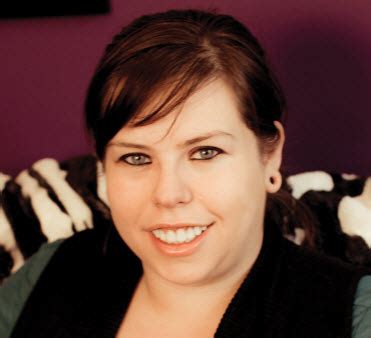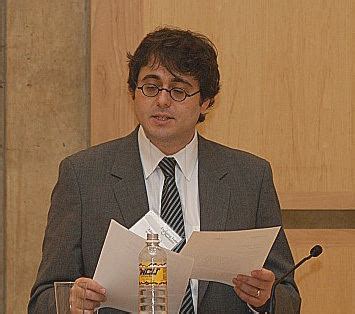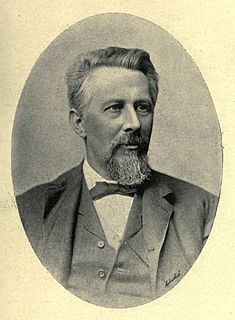A Quote by Denis O'Hare
I was a serious poet for quite a while and had little notebooks filled with poetry.
Related Quotes
Another trouble with poetry - and I'm gonna stop the list at two - is the presence of presumptuousness in poetry, the sense you get in a poem that the poet takes for granted an interest on the reader's part in the poet's autobiographical life, in the poet's memories, problems, difficulties and even minor perceptions.
A trouble with poetry is the presence of presumptuousness in poetry, the sense you get in a poem that the poet takes for granted an interest on the reader's part in the poet's autobiographical life, in the poet's memories, problems, difficulties and even minor perceptions. I try to presume that no one is interested in me. And I think experience bears that out. No one's interested in the experiences of a stranger - let's put it that way. And then you have difficulty combined with presumptuousness, which is the most dire trouble with poetry.
I wrote poetry for seven or eight years, maybe longer, before I could say I was a poet. If people asked, I'd say I wrote poetry; I wouldn't go further. I was in my mid- to late-thirties before I felt that I was a poet, which I think meant that I had begun to embody my poems in some way. I wasn't just a writer of them. Hard to say what, as a poet, my place in the world is. Some place probably between recognition and neglect.
Loneliness is necessary for pure poetry. When someone intrudes into the poet's life (and any sudden personal contact, whether in the bed or in the heart, is an intrusion) the poet loses his or her balance for a moment, slips into being what he or she is, uses his or her poetry as one would use money or sympathy. The person who writes the poetry emerges, tentatively, like a hermit crab from a conch shell. The poet, for that instant, ceases to be a dead person.


































